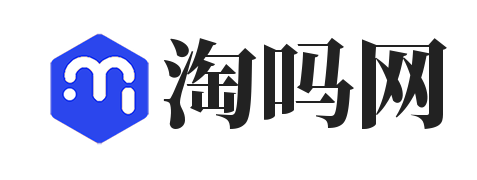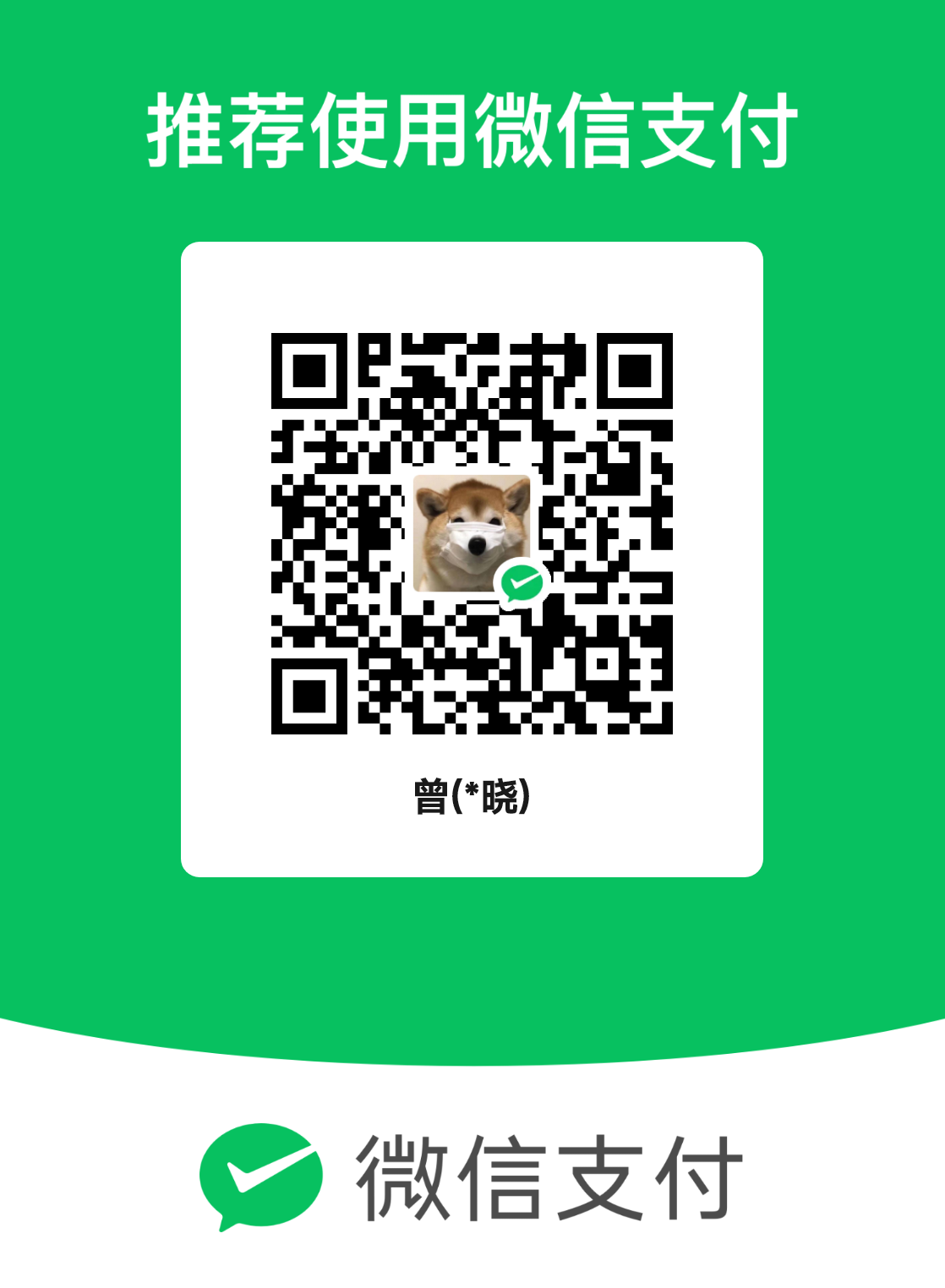
前言
在移动应用开发领域,跨平台解决方案已成为提高开发效率的重要手段。UniApp作为一款使用Vue.js开发所有前端应用的框架,允许开发者编写一套代码,发布到iOS、Android、Web以及各种小程序平台。本文将带领大家实战开发一个跨平台短视频应用,涵盖核心功能实现和最佳实践。
项目概述与准备工作
我们将创建一个名为”ShortVideo”的短视频应用,包含视频feed流、点赞评论、用户主页等核心功能。
环境配置
1. 安装HBuilderX(UniApp官方IDE)
2. 创建新项目选择UniApp默认模板
3. 安装必要的插件和依赖:vuex、uni-ui
// package.json 依赖配置
{
"dependencies": {
"@dcloudio/uni-ui": "^1.4.20",
"vuex": "^3.6.2"
}
}
项目结构与配置
目录结构设计
short-video-app/
├── pages
│ ├── index
│ ├── discover
│ ├── create
│ ├── messages
│ └── profile
├── components
│ ├── video-player
│ ├── comment-list
│ └── user-card
├── store
│ └── index.js
├── static
└── common
全局样式与变量
在App.vue中定义全局样式和CSS变量:
:root {
--primary-color: #FE2C55;
--secondary-color: #25F4EE;
--text-primary: #161823;
--text-secondary: #969696;
--bg-color: #FFFFFF;
--bg-secondary: #F8F8F8;
}
/* 深色模式支持 */
@media (prefers-color-scheme: dark) {
:root {
--text-primary: #FFFFFF;
--text-secondary: #A9A9A9;
--bg-color: #121212;
--bg-secondary: #1E1E1E;
}
}
核心功能实现
1. 视频Feed流组件
实现垂直滑动的视频列表,支持手势交互:
<template>
<view class="video-feed">
<swiper
vertical
:current="currentIndex"
@change="onSwiperChange"
class="feed-swiper"
>
<swiper-item
v-for="(video, index) in videoList"
:key="video.id"
class="swiper-item"
>
<video-player
:videoData="video"
:autoplay="currentIndex === index"
/>
</swiper-item>
</swiper>
</view>
</template>
<script>
export default {
data() {
return {
currentIndex: 0,
videoList: [] // 视频数据
};
},
methods: {
onSwiperChange(e) {
this.currentIndex = e.detail.current;
},
async fetchVideos() {
// 获取视频列表数据
const res = await this.$api.getVideoFeed();
this.videoList = res.data;
}
},
mounted() {
this.fetchVideos();
}
};
</script>
2. 自定义视频播放器组件
创建一个支持手势控制的视频播放器:
<template>
<view class="video-container" @click="onVideoClick">
<video
:src="videoData.url"
:autoplay="autoplay"
:loop="true"
:muted="muted"
:controls="false"
objectFit="cover"
class="video-element"
@play="onPlay"
@pause="onPause"
@error="onError"
></video>
<view class="video-controls">
<view class="play-btn" @click.stop="togglePlay">
<uni-icons :type="playing ? 'pause' : 'play'" size="30"></uni-icons>
</view>
<view class="side-buttons">
<view class="action-btn" @click="toggleLike">
<uni-icons
:type="videoData.isLiked ? 'heart-filled' : 'heart'"
size="30"
:color="videoData.isLiked ? '#FE2C55' : '#FFFFFF'">
</uni-icons>
<text class="action-count">{{ videoData.likeCount }}</text>
</view>
<view class="action-btn" @click="openComments">
<uni-icons type="chat" size="30" color="#FFFFFF"></uni-icons>
<text class="action-count">{{ videoData.commentCount }}</text>
</view>
<view class="action-btn" @click="toggleMute">
<uni-icons :type="muted ? 'offline' : 'volume'" size="30" color="#FFFFFF"></uni-icons>
</view>
</view>
</view>
</view>
</template>
<script>
export default {
props: {
videoData: Object,
autoplay: Boolean
},
data() {
return {
playing: false,
muted: false,
videoContext: null
};
},
mounted() {
this.videoContext = uni.createVideoContext(`video-${this.videoData.id}`, this);
if (this.autoplay) {
this.play();
}
},
methods: {
togglePlay() {
if (this.playing) {
this.pause();
} else {
this.play();
}
},
play() {
this.videoContext.play();
this.playing = true;
},
pause() {
this.videoContext.pause();
this.playing = false;
},
toggleMute() {
this.muted = !this.muted;
this.videoContext.muted(this.muted);
},
toggleLike() {
this.$emit('like', this.videoData.id);
},
onVideoClick() {
this.togglePlay();
}
}
};
</script>
3. Vuex状态管理
使用Vuex管理应用状态:
// store/index.js
import Vue from 'vue';
import Vuex from 'vuex';
Vue.use(Vuex);
export default new Vuex.Store({
state: {
userInfo: null,
videoList: [],
currentVideo: null,
comments: {}
},
mutations: {
SET_USER_INFO(state, userInfo) {
state.userInfo = userInfo;
},
SET_VIDEO_LIST(state, videoList) {
state.videoList = videoList;
},
ADD_VIDEO(state, video) {
state.videoList.unshift(video);
},
TOGGLE_LIKE(state, videoId) {
const video = state.videoList.find(v => v.id === videoId);
if (video) {
video.isLiked = !video.isLiked;
video.likeCount += video.isLiked ? 1 : -1;
}
},
ADD_COMMENT(state, { videoId, comment }) {
if (!state.comments[videoId]) {
state.comments[videoId] = [];
}
state.comments[videoId].push(comment);
}
},
actions: {
async fetchVideos({ commit }) {
try {
const res = await uni.request({
url: 'https://api.example.com/videos',
method: 'GET'
});
commit('SET_VIDEO_LIST', res.data);
} catch (error) {
console.error('获取视频失败:', error);
}
},
async likeVideo({ commit }, videoId) {
try {
await uni.request({
url: `https://api.example.com/videos/${videoId}/like`,
method: 'POST'
});
commit('TOGGLE_LIKE', videoId);
} catch (error) {
console.error('点赞失败:', error);
}
}
}
});
性能优化技巧
1. 视频懒加载
只播放当前可见区域的视频:
// 在视频feed组件中添加Intersection Observer
mounted() {
this.initIntersectionObserver();
},
methods: {
initIntersectionObserver() {
this.observer = uni.createIntersectionObserver(this);
this.observer.relativeToViewport({
top: 100,
bottom: 100
}).observe('.video-item', (res) => {
if (res.intersectionRatio > 0.5) {
// 播放视频
this.playCurrentVideo();
} else {
// 暂停视频
this.pauseCurrentVideo();
}
});
}
}
2. 列表虚拟滚动
对于长列表使用虚拟滚动提升性能:
// 使用uni-app的list组件实现虚拟滚动
<uni-list :height="scrollHeight" :data="videoList">
<template v-slot:default="{ item, index }">
<video-item :videoData="item" :key="item.id" />
</template>
</uni-list>
多平台适配策略
1. 条件编译
使用条件编译处理平台差异:
// 小程序端特定代码
// #ifdef MP-WEIXIN
wx.downloadFile({
success: function(res) {
// 微信小程序特定实现
}
})
// #endif
// H5端特定代码
// #ifdef H5
// 使用HTML5 API实现
// #endif
// App端特定代码
// #ifdef APP-PLUS
plus.io.resolveLocalFileSystemURL(
filePath,
function(entry) {
// App端特定实现
}
)
// #endif
2. 响应式布局
使用flex布局和rpx单位确保多端显示一致:
.video-container {
width: 100%;
height: 100vh;
display: flex;
flex-direction: column;
position: relative;
}
.video-element {
width: 100%;
height: 100%;
}
.side-buttons {
position: absolute;
right: 20rpx;
bottom: 120rpx;
display: flex;
flex-direction: column;
align-items: center;
}
.action-btn {
margin-bottom: 30rpx;
display: flex;
flex-direction: column;
align-items: center;
}
.action-count {
font-size: 24rpx;
color: #FFFFFF;
margin-top: 8rpx;
}
调试与发布
1. 多端调试
使用HBuilderX的内置调试工具进行多端调试:
- 使用Chrome DevTools调试H5端
- 使用微信开发者工具调试小程序端
- 使用App真机调试进行移动端测试
2. 打包发布
根据不同平台进行打包发布:
// 发布到微信小程序
// 在manifest.json中配置微信小程序AppID
// 运行: npm run dev:mp-weixin
// 使用微信开发者工具上传
// 发布到H5
// 运行: npm run build:h5
// 部署到服务器
// 发布到App
// 使用HBuilderX进行原生App云打包
结语
通过本教程,我们完成了一个跨平台短视频应用的核心功能开发。UniApp的强大之处在于其跨平台能力和丰富的生态系统,使开发者能够高效地构建高质量应用。在实际项目中,还可以进一步优化性能、添加更多功能如视频录制、特效滤镜等,提升用户体验。
希望本教程对您的UniApp开发之旅有所帮助,欢迎探索更多UniApp的高级特性和最佳实践。





